Nutritional Sciences
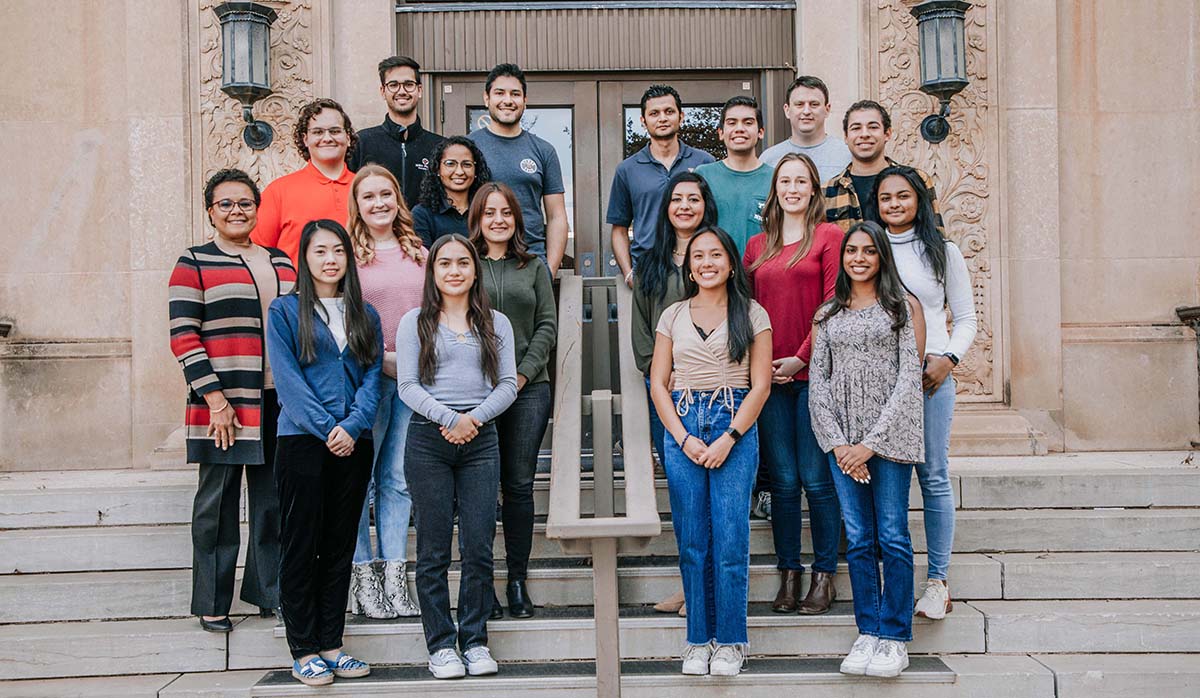
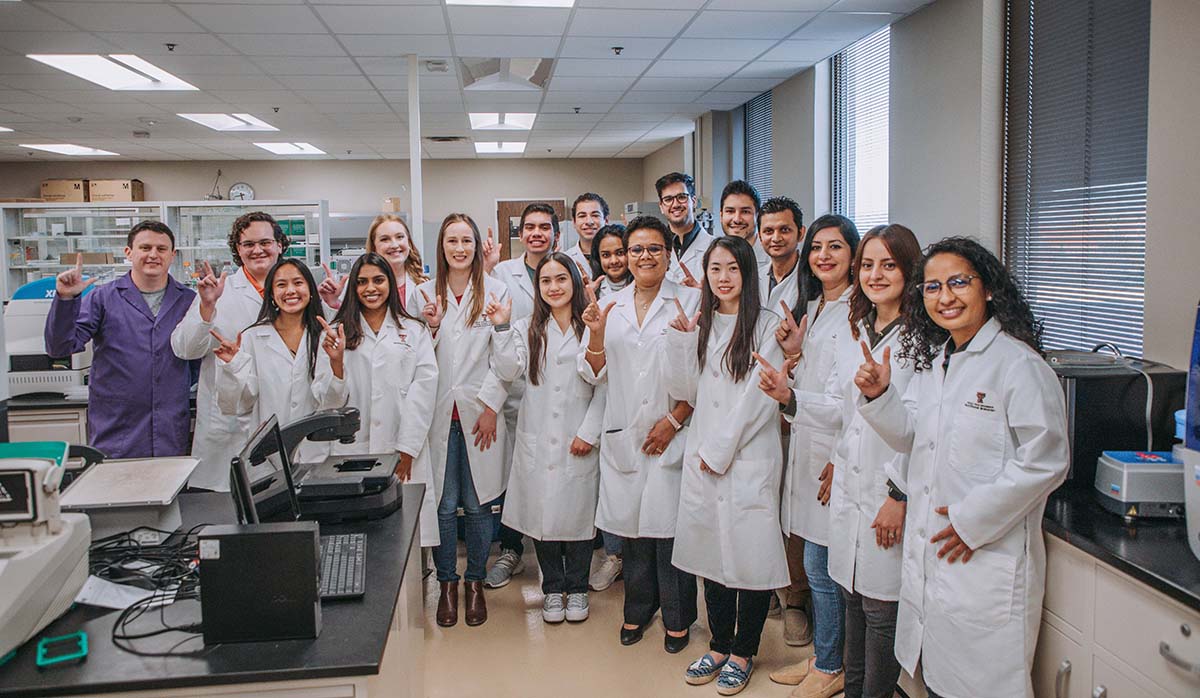
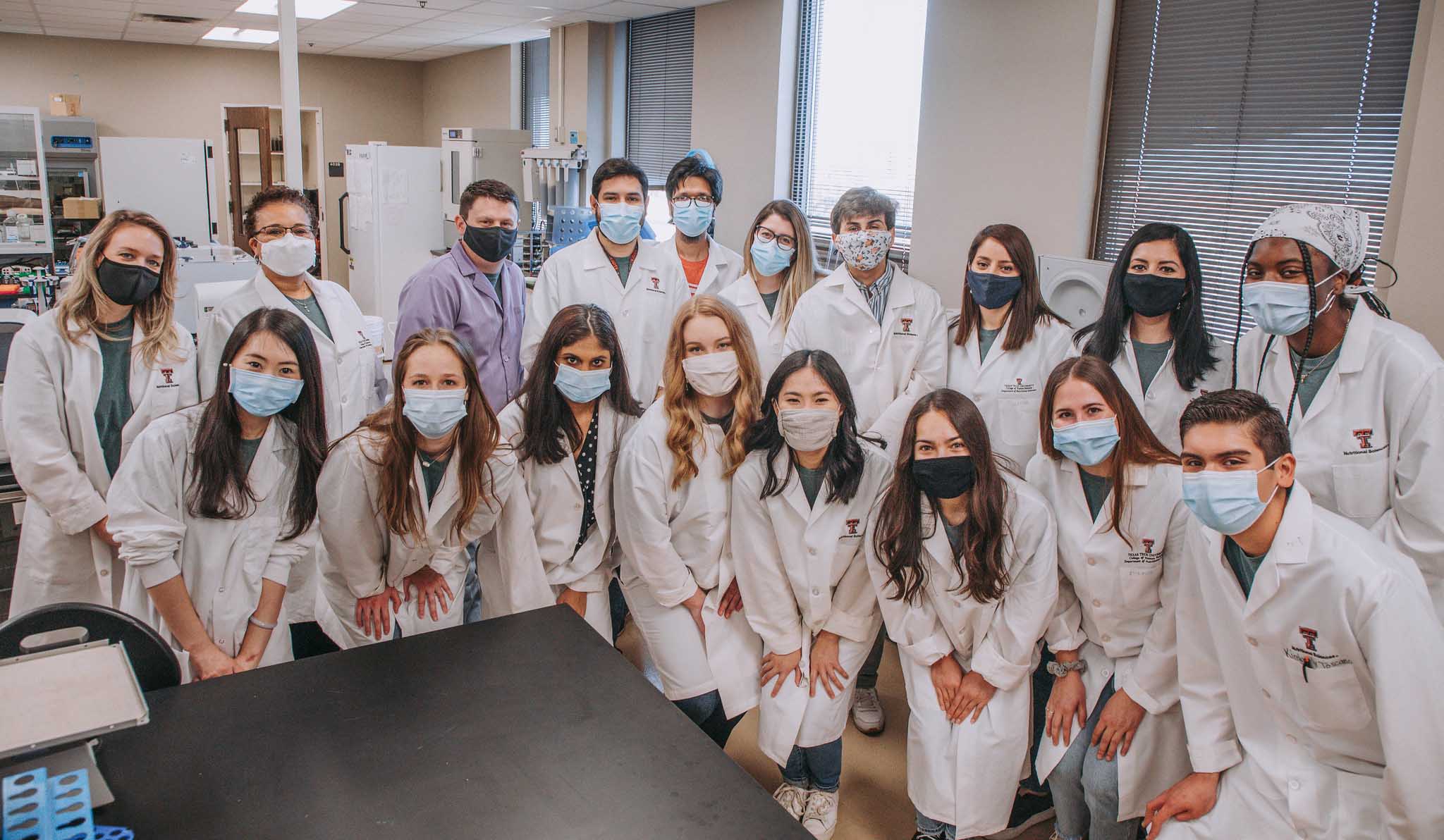
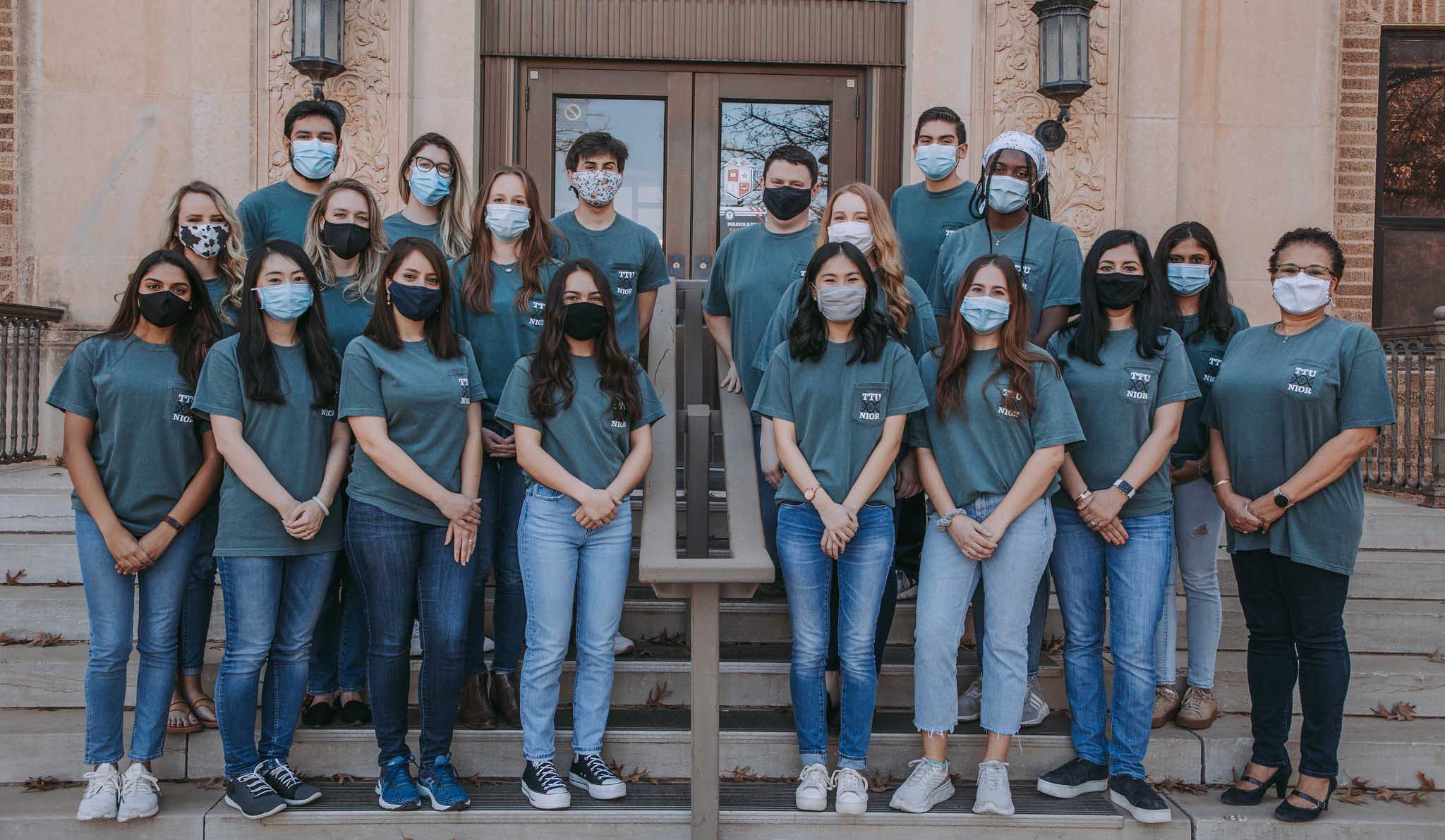




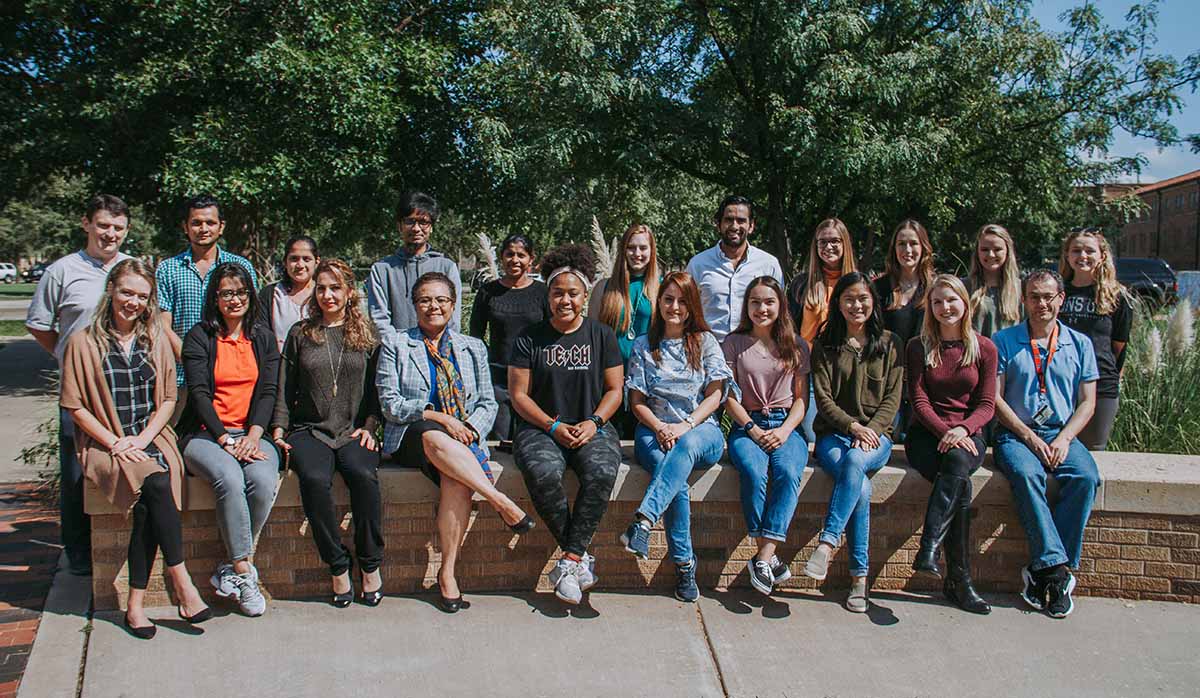
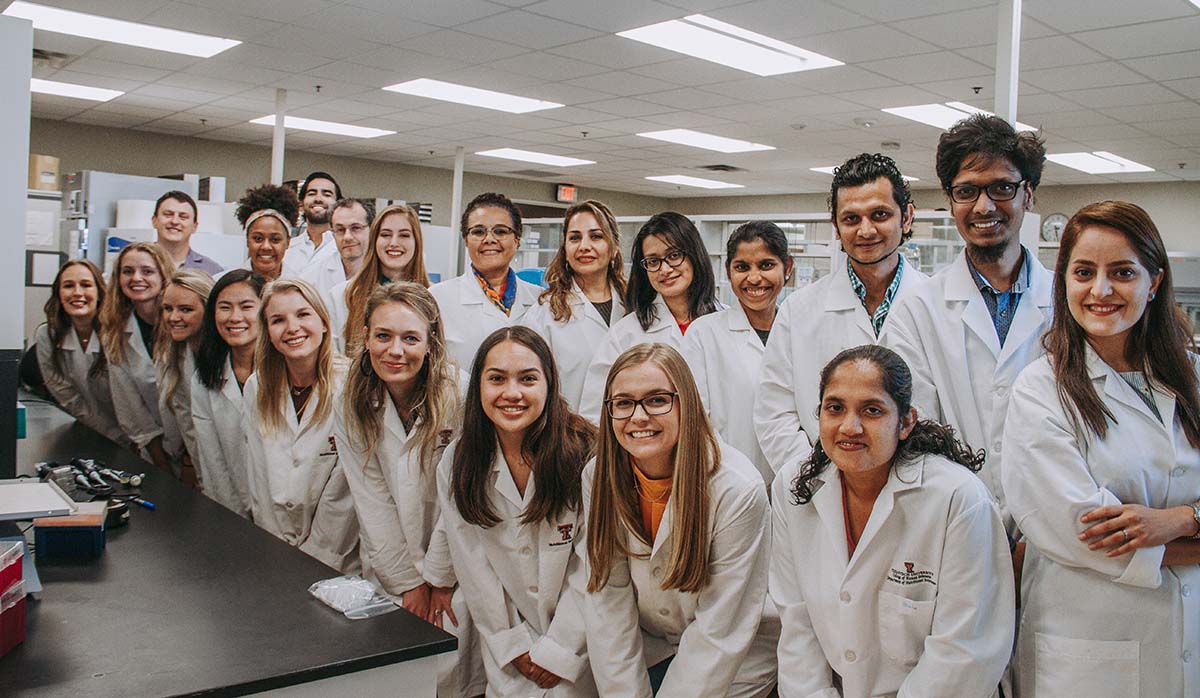



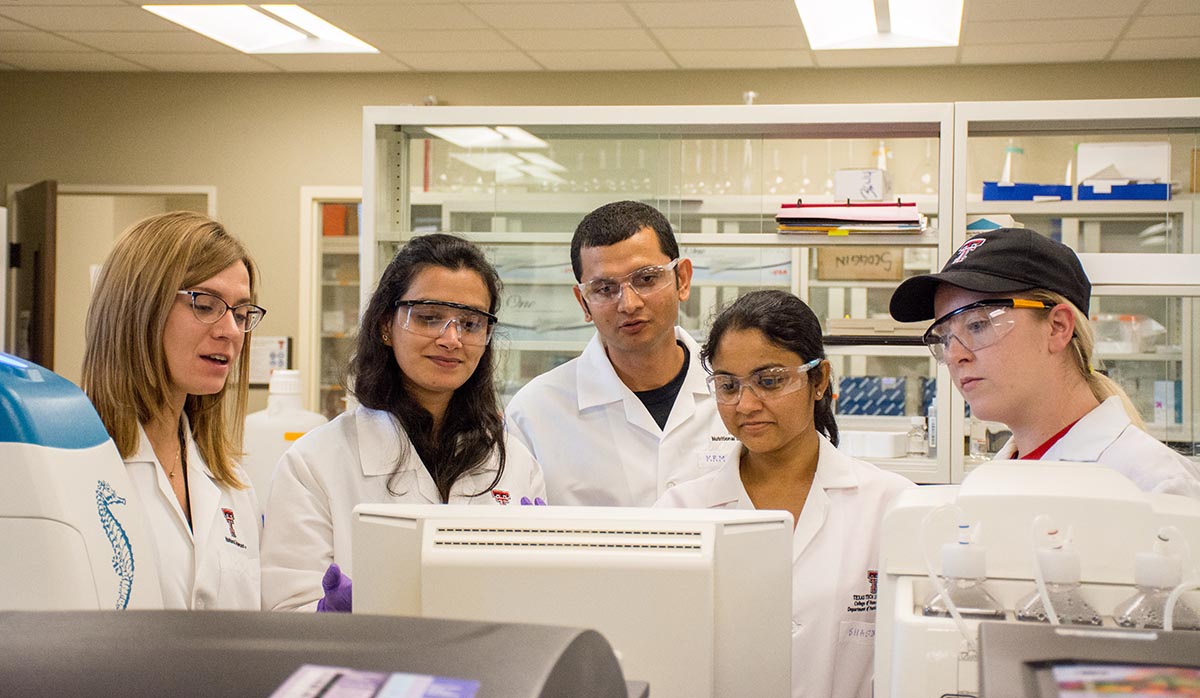
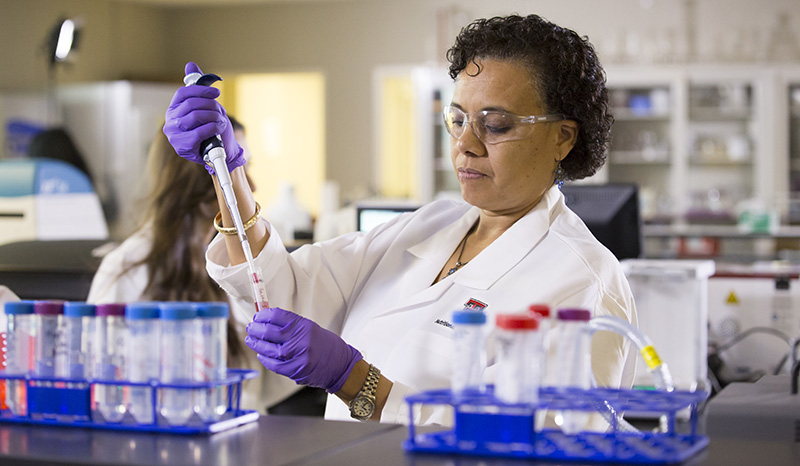
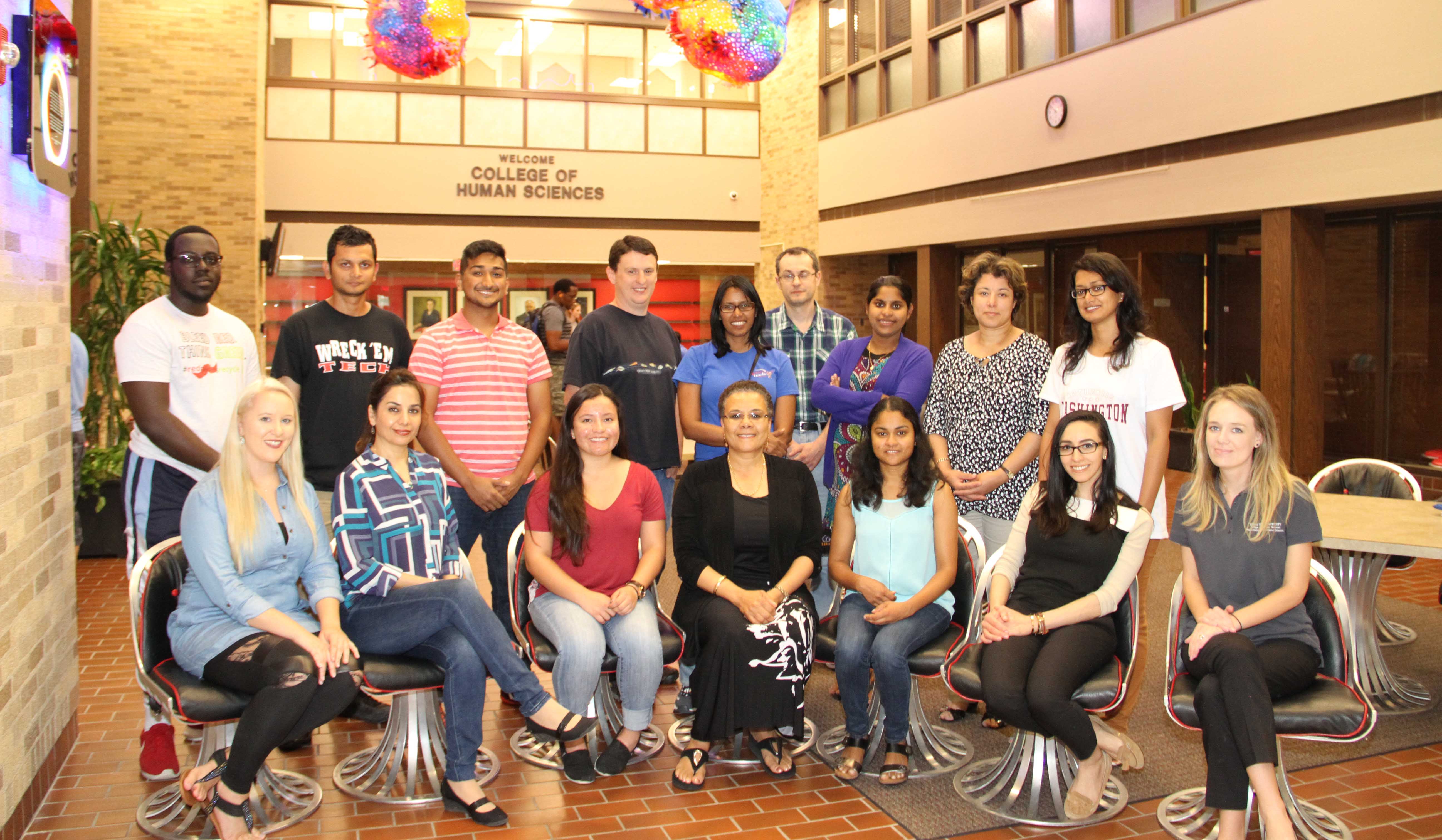
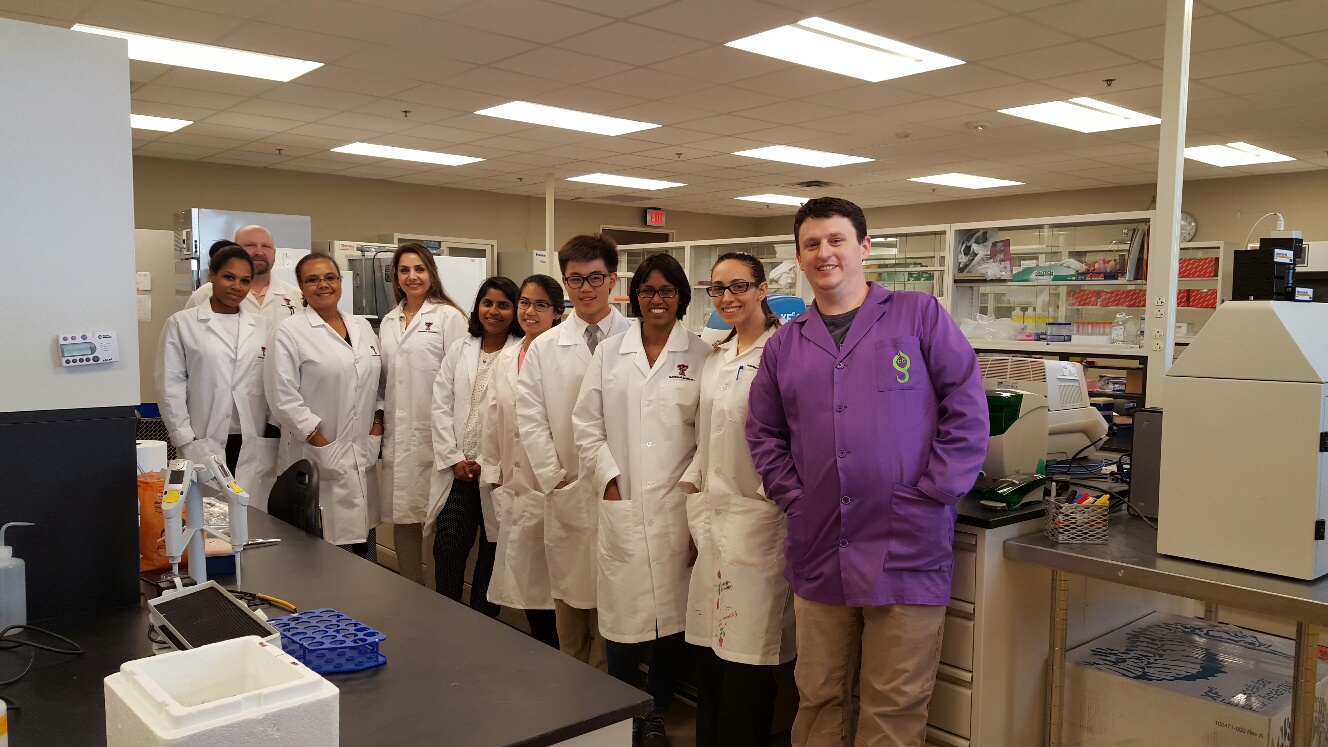
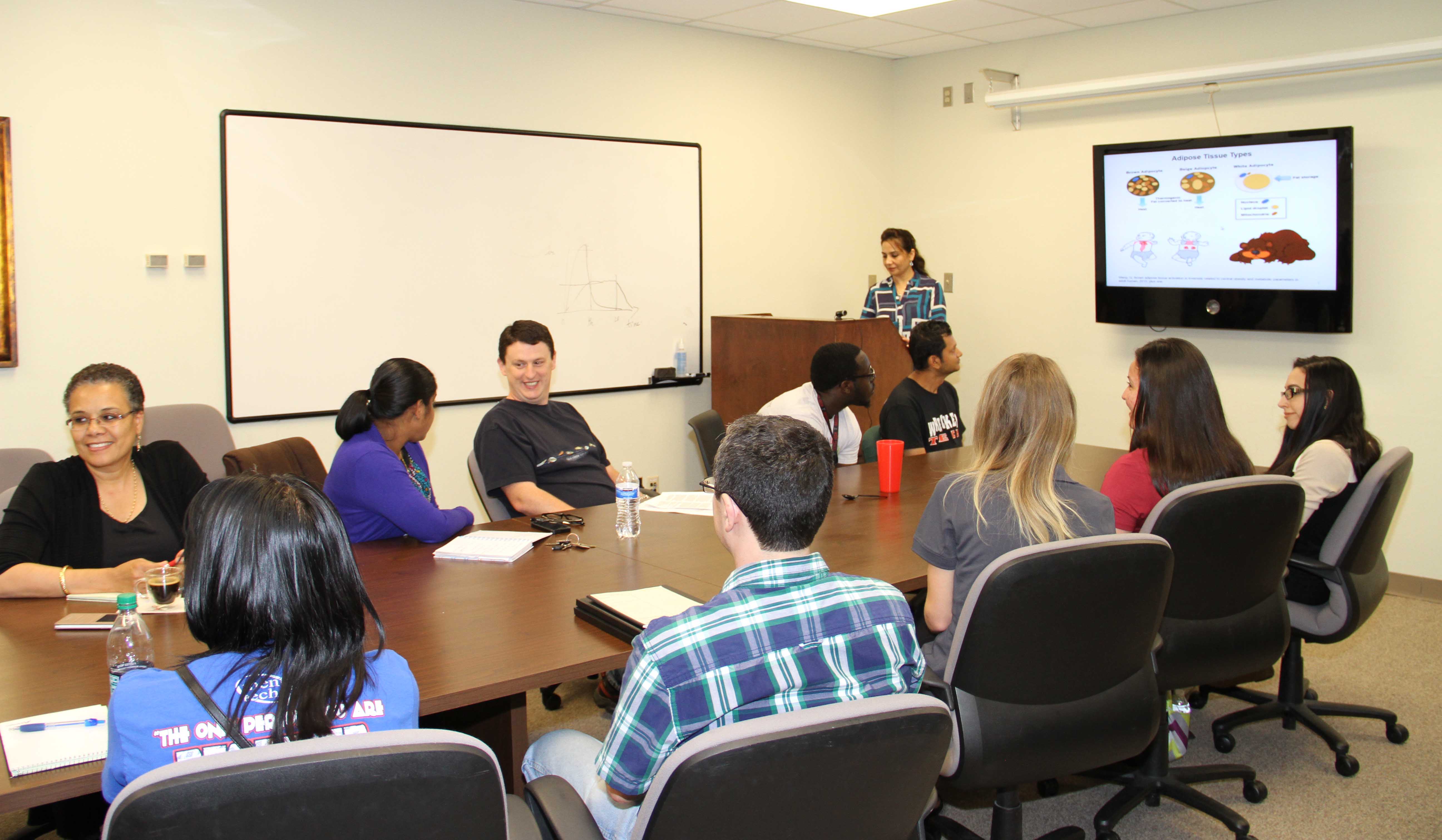

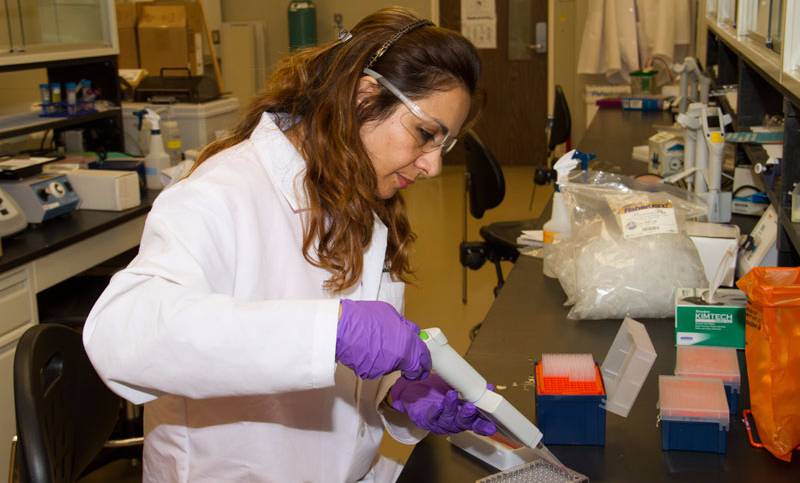
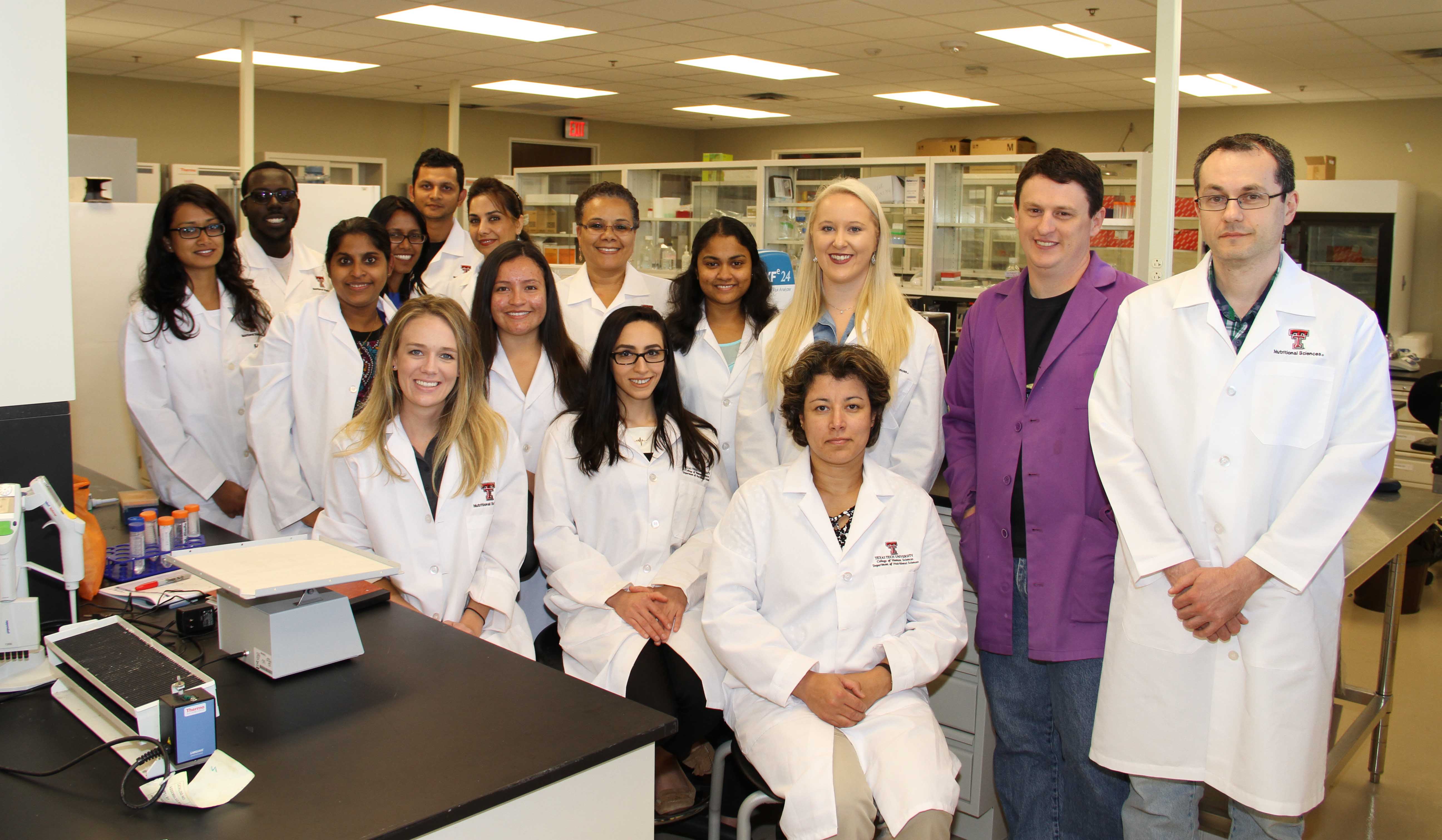
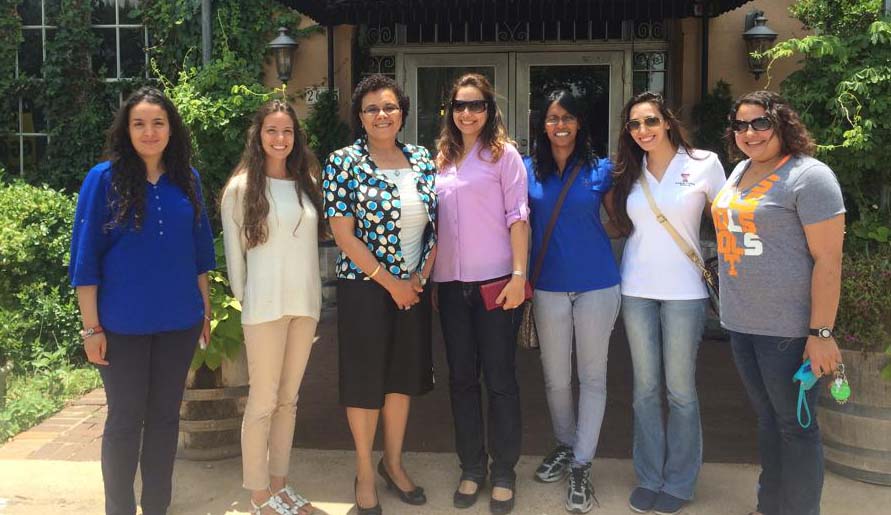

Nutrigenomics, Inflammation and Obesity Research Lab (NIOR)
Overview
Obesity has become an epidemic public health problem worldwide. In the US, over a third of adults suffer from obesity, and another two-thirds have overweight or obesity. In addition, the percentage of children and adolescents who are obese has tripled over the past three decades and 17% of them are obese. The medical implications of this epidemic obesity are enormous, especially in the pediatric population, due to increased risk and incidence of diabetes, hypertension, heart disease, certain cancers and premature death in obese individuals, resulting in enormous health case burden.
Human Obesity is a complex disease, most likely attributed to gene-environment interactions.
Dr. Moustaid-Moussa's research efforts take advantage of highly relevant animal models
for human diseases as well as cell models (animal and clinical/human specimens) to
understand the cellular and molecular mechanisms underlying obesity. Obesity like
other diseases requires multidisciplinary approaches for comprehensive understanding
of this disease and to expedite progress towards its prevention and treatment.
Research Projects
Dr. Moustaid-Moussa's research has focused on a potential role for adipose tissue in triggering and/or potentiating obesity and associated co-morbidity. Her research has significantly contributed to our understanding of the important role for adipose tissue as an endocrine system that impacts not only fat cell expansion but also whole body homeostasis. This is accomplished through the bioactive hormones, metabolites and other substances that fat tissues secrete into the blood stream. Her lab studies how different tissues (white and brown differentially regulate metabolism and adiposity. Furthermore, her research has provided evidence for beneficial effects of bioactive food compounds such as omega 3 fatty acids and plant extracts (switchgrass) via modulation of adipose tissue inflammation and metabolism. Dr. Moustaid-Moussa's lab uses cell culture, mice and model organisms (nematode C elegans) as models for obesity-related disease namely diabetes, cardiovascular disease and breast cancer.
Learn More About NIOR Research Projects
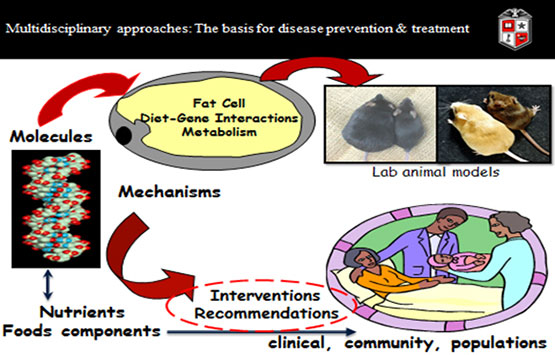
Our very own Dr. Naima Moustaid-Moussa is featured, as well as some of her lab students, in this Texas Tech television commercial.
Nutritional Sciences
-
Address
Texas Tech University, P.O. Box 41270, Lubbock, TX 79409-1270 -
Phone
806.742.5270 -
Email
hs.webmaster@ttu.edu
